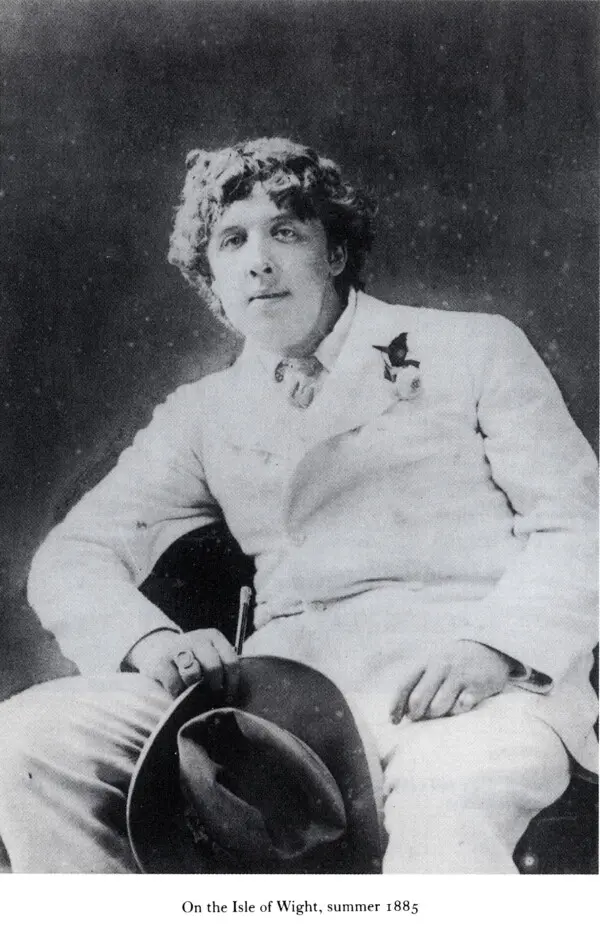Oscar Wilde, one of the most celebrated writers of his time, was known for his wit, humor, and sharp criticism of Victorian society. Despite his success, Wilde's life took a dramatic turn after his affair with Lord Alfred Douglas led to his conviction for "gross indecency." This biopic explores Wilde’s rise to fame, his fall from grace, and the scandal that ultimately defined his legacy.
Oscar Wilde once remarked that "wickedness is a myth invented by good people to account for the curious attractiveness of others." Ironically, Wilde himself was perceived as both wicked and attractive by different factions of society. At the height of his fame, following the triumph of The Importance of Being Earnest in 1895, Wilde was charged with "gross indecency" and sentenced to prison. Despite this downfall, his work remains as influential as ever. In fact, Wilde might have viewed his scandal as a career move in today’s open society.
Personal Tragedy and Public Fascination
Wilde’s fall from grace is still fascinating largely due to the public's enduring admiration for his work and the dramatic nature of his trial. Homosexuality was taboo and illegal in Wilde's time, and while many in similar situations lived in secrecy, Wilde’s affair with Lord Alfred Douglas—known as "Bosie"—was an open rebellion against societal norms. Their relationship, filled with drama and scandal, became Wilde’s undoing.
- Wilde's relationship with Bosie was not just a personal matter, but a public one.
- The affair caught the attention of Bosie’s father, the Marquess of Queensberry, who despised Wilde.
- Wilde made a disastrous decision by suing Queensberry for libel after the Marquess left an insulting note at Wilde’s club.
- During the trial, incriminating evidence, including testimonies from male prostitutes, led to Wilde’s conviction for sodomy.
Wilde’s Timeless Wit and Public Persona
Wilde’s quips and sharp observations on life and society have outlasted the scandal that nearly destroyed him. He was a master of one-liners, often poking fun at Victorian hypocrisy. His infamous trial, though ultimately a tragedy, highlighted his defiant wit and belief that charm could save him from any situation—even a courtroom.
- Wilde was famous for lines like, "I never take any notice of what common people say, and I never interfere with what charming people do."
- Many people at the time understood Wilde’s subtext, but as long as it remained hidden in plain sight, it was tolerated.
- Wilde’s flamboyance and self-deprecating charm made him a beloved figure, even to those who disagreed with his lifestyle.
The Role of Stephen Fry
In Wilde, Stephen Fry brings Oscar Wilde to life with incredible depth. Much like Wilde, Fry is tall, humorous, and openly gay, perfectly fitting the character’s many dimensions. Fry captures the complexity of Wilde, a man torn between his love for his wife and children and his idealistic love for men like Bosie. Fry’s portrayal shows Wilde’s desperate belief that his wit and charm could shield him from the harshness of Victorian law.
In shorts:
- Wilde’s personal downfall stemmed from his open relationship with Bosie.
- The Marquess of Queensberry’s animosity toward Wilde led to a disastrous trial.
- Wilde’s wit and defiance kept him beloved by the public, even as society turned against him.
- Stephen Fry's portrayal of Wilde brings both his genius and tragic naivety to life.
Oscar Wilde's life was a brilliant tragedy—he soared to the heights of fame only to be brought down by love and societal hypocrisy. His wit, work, and scandal remain relevant even today, reminding us that charm and talent can only shield someone from society's judgment for so long.





